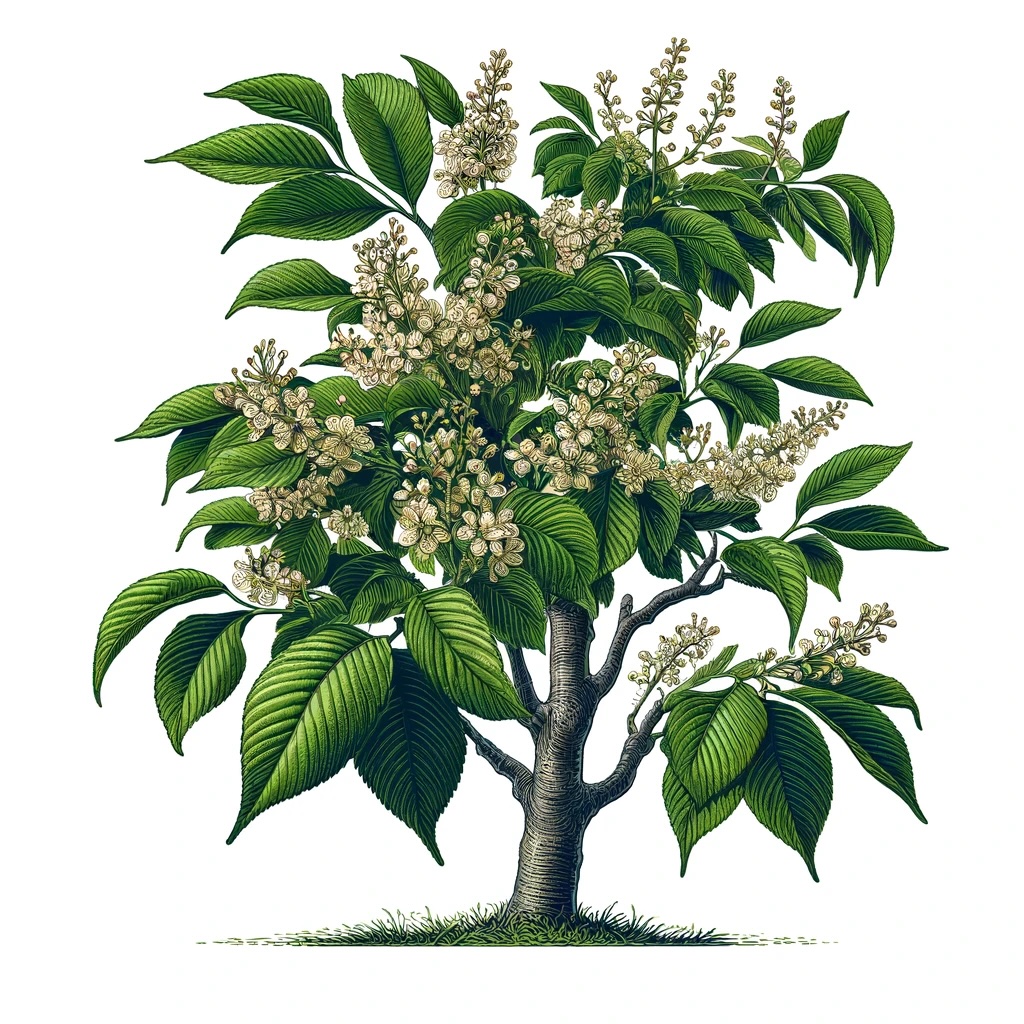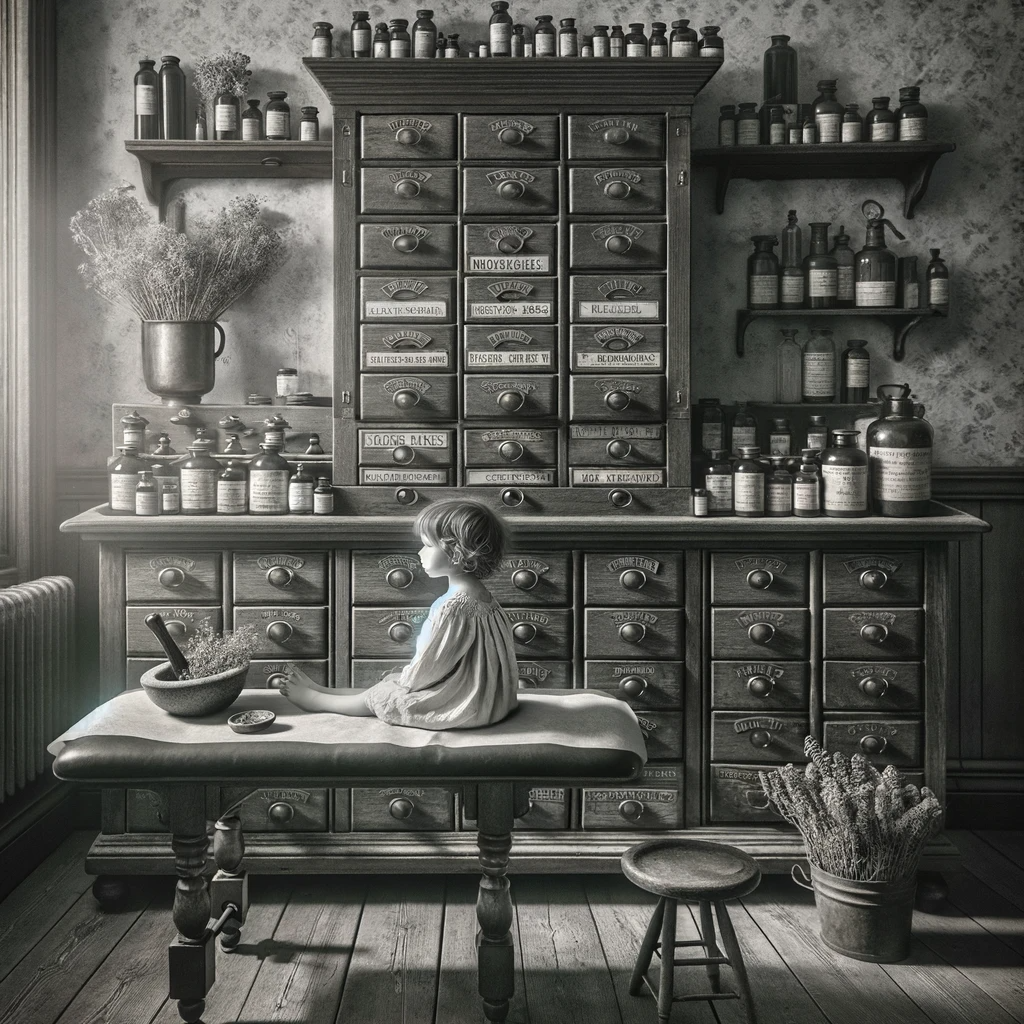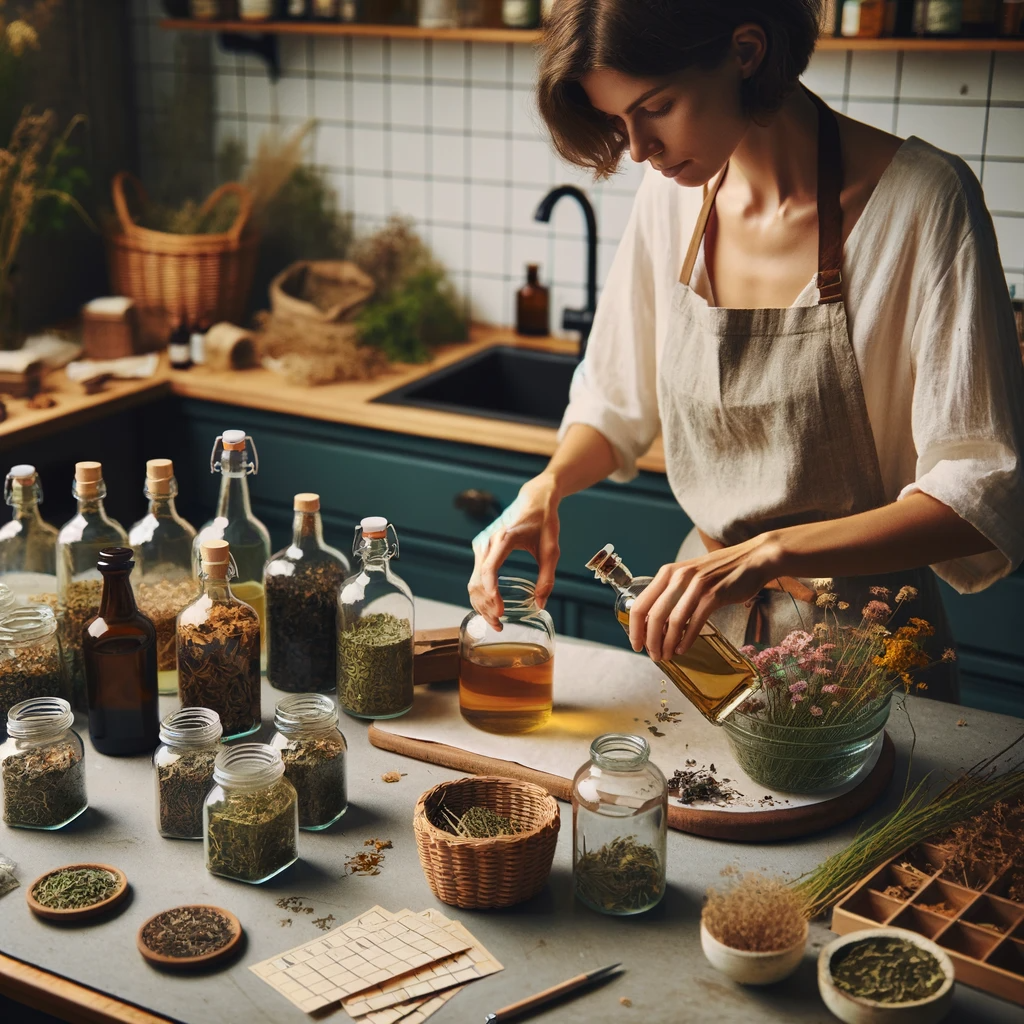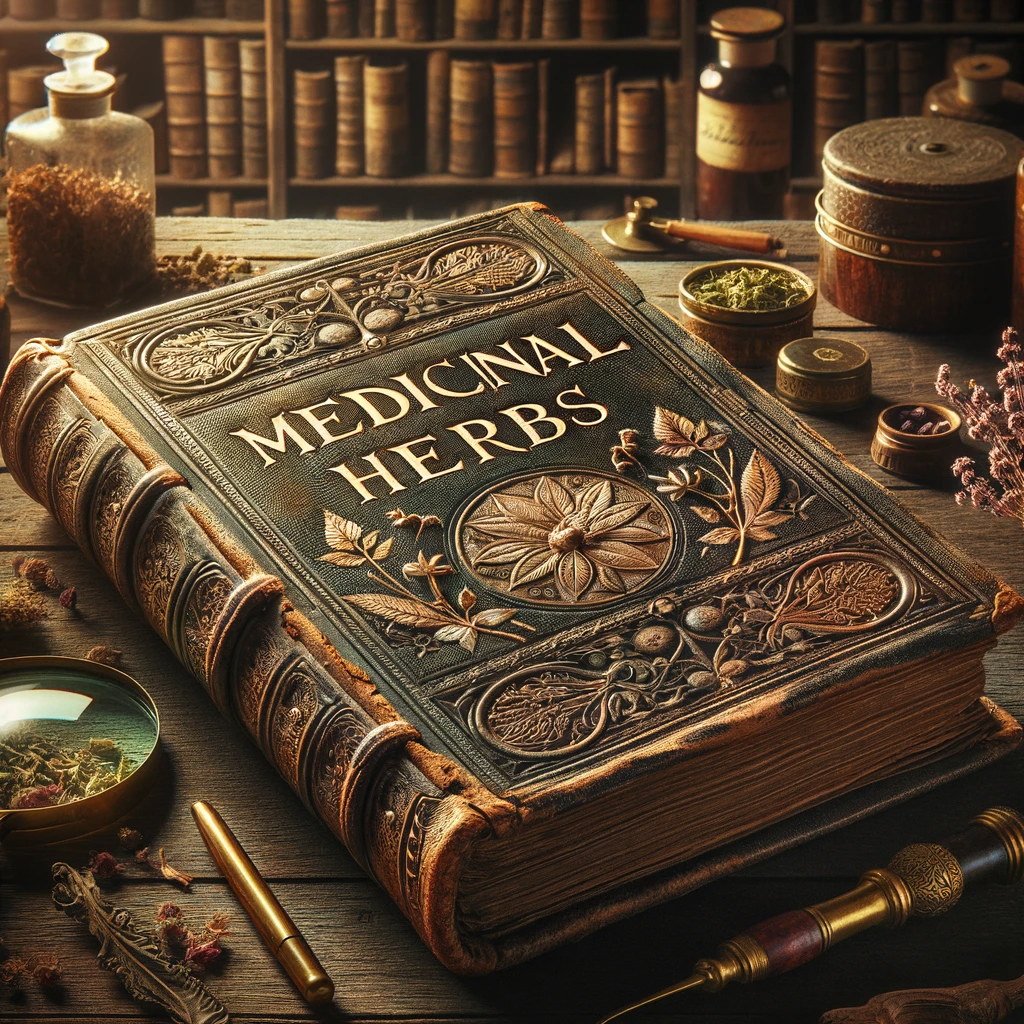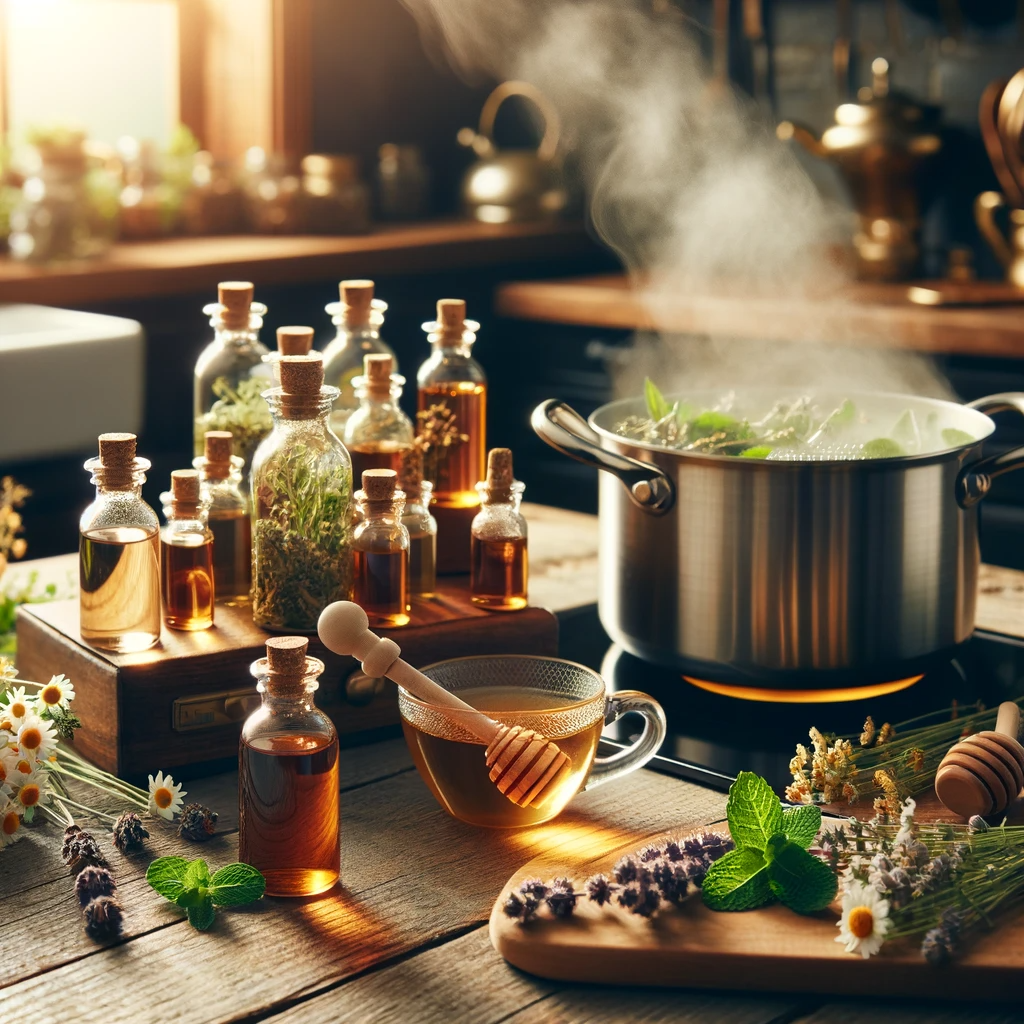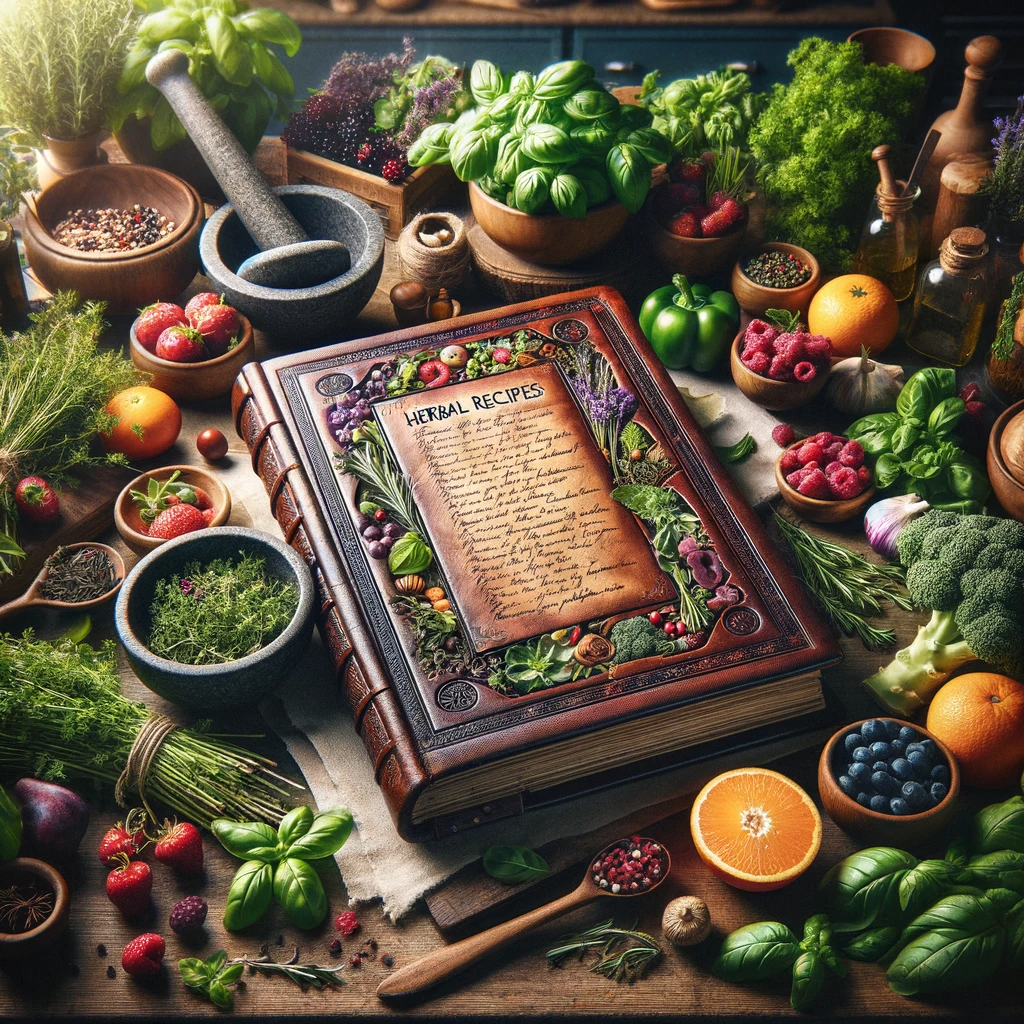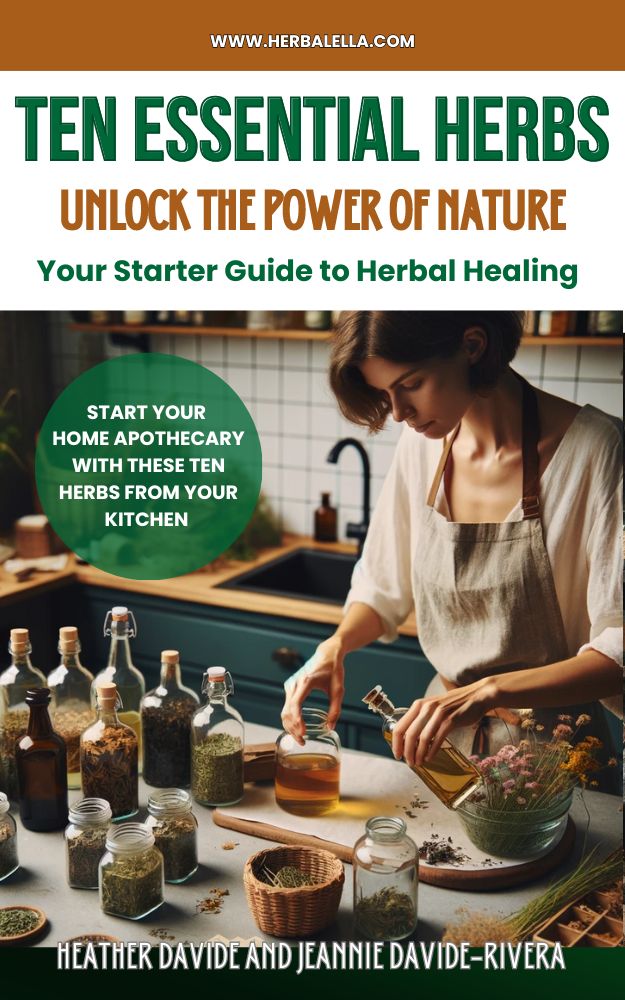This website contains affiliate links for products I use and love. If you take action (i.e. subscribe, make a purchase) after clicking a link, I may earn some tea money, which I promise to drink while creating more helpful content like this.
- Home
- Index of Topics
- How to Make Herbal Remedies
Creating Natural Remedies: Preparing Herbal Tinctures and Infusions
Delving into the world of herbal preparations can be both exciting and rewarding. For beginners, understanding how to make and store various types of herbal remedies like tinctures, infusions, decoctions, and oxymels is key to creating effective, natural treatments at home. This guide will provide you with simple DIY recipes and essential tips for getting started.
Herbal Tinctures: Potent Extracts
Tinctures are concentrated herbal extracts made using alcohol as the primary solvent.
How to Create a Tincture
- Select Your Herb: Choose a dried herb based on the remedy you need.
- Prepare: Coarsely grind the herb and place it in a glass jar.
- Mix with Alcohol: Cover the herbs with a high-proof alcohol like vodka or brandy.
- Seal and Store: Seal the jar and store it in a cool, dark place for 4-6 weeks, shaking it daily.
How long is a tincture good for?
Tincture Storing and Shelf Life:
- Store in a cool, dark place.
- Properly made tinctures can last up to 5 years.
Herbal Infusions: Gentle and Soothing
Infusions are like herbal teas, but they steep longer to extract more medicinal properties.
How to Create Herbal Infusions
- Choose Your Herb: Pick an herb based on your needs.
- Steep: Add boiling water over the herbs and steep for at least 15 minutes, but for a stronger infusion/tea you can steep the herbs for up to a few hours.
- Strain and Serve: Strain the herbs out and enjoy.
Herbal Infusion Storing and Shelf Life:
- Store in the refrigerator.
- Consume within 24-48 hours.
Decoctions: For Tougher Plant Materials
Decoctions are best for extracting the medicinal properties from tougher plant parts like roots or bark.
How to Create a Decoction
- Select Your Material: Choose a dried root or bark.
- Simmer: Place it in a pot, cover with water, and simmer for 20-30 minutes.
- Strain: Strain the liquid and let it cool.
Decoction Storing and Shelf Life:
- Store in a cool place or refrigerate.
- Use within 72 hours.
Oxymels: A Sweet and Sour Syrup
Oxymels combine vinegar, honey, and herbs, suitable for those avoiding alcohol.
How to Create an Oxymel
- Mix Ingredients: Combine equal parts honey and apple cider vinegar with your choice of herbs.
- Shake and Store: Shake the mixture well and let it sit for 2-4 weeks, shaking daily.
- Strain: Strain the herbs and store the liquid in a glass jar.
Oxymel Storing and Shelf Life:
- Store in a cool, dark place.
- Lasts up to a year.
Herbal Ella's Recipes for Beginners
- Chamomile Tincture: Ideal for relaxation, use dried chamomile flowers with vodka.
- Peppermint Infusion: Great for digestion, steep fresh peppermint leaves in hot water.
- Ginger Decoction: Excellent for nausea, simmer ginger root in water.
- Lemon Balm Oxymel: Soothing for stress, mix lemon balm with honey and apple cider vinegar.
Creating your own herbal preparations is a deeply satisfying way to tap into nature's pharmacy. With these simple techniques and recipes, even beginners can start making their own natural remedies at home. Remember, the key to successful herbal preparations lies in patience, practice, and a willingness to learn.
Choosing the Right Herbal Preparation: Understanding the Methods
When creating natural remedies, it’s crucial to understand why and how different preparations are used. Each method extracts specific properties from the plant, making it more suitable for certain types of herbs and health needs. This section will guide you through choosing the appropriate preparation method based on your requirements and the unique characteristics of herbs.
Understanding Different Herbal Preparations
- Tinctures: Concentrated and Long-Lasting - Why Choose a Tincture: Tinctures are ideal for extracting and preserving the active compounds in herbs, especially those that are not water-soluble like resins and alkaloids. They are highly concentrated, so only small doses are required. Best for: Herbs with strong active compounds, such as Echinacea or Valerian. Extraction Process: The alcohol in tinctures dissolves a wide range of plant constituents, ensuring a potent extract.
- Infusions: Gentle and Hydrating - Why Choose an Infusion: Infusions are best for delicate parts of the plant like leaves, flowers, and some soft stems. They are ideal for extracting vitamins and flavonoids. Best for: Gentle herbs like Chamomile or Peppermint. Extraction Process: The hot water in infusions draws out water-soluble compounds effectively.
- Decoctions: For Tough and Woody Parts - Why Choose a Decoction: Decoctions are suited for extracting the medicinal properties from tougher plant parts, such as roots, barks, and seeds. Best for: Hard materials like Ginger root or Cinnamon bark. Extraction Process: The prolonged boiling in water helps break down tough cell walls, releasing water-soluble compounds and some oil-soluble compounds.
- Oxymels: Sweet and Nourishing - Why Choose an Oxymel: They are a great alcohol-free option, combining the benefits of vinegar and honey. Oxymels extract both water and acid-soluble compounds. Best for: Herbs that blend well with sweet and sour flavors, like Elderberry or Thyme. Extraction Process: The acidity of the vinegar and the natural enzymes in honey work together to extract a wide range of properties.
Factors to Consider When Choosing a Preparation
- Herb Type: Consider the part of the plant you're using and its medicinal properties.
- Desired Effect: Think about what health benefits you're seeking from the herb.
- Personal Preferences: Consider taste preferences and whether you wish to avoid alcohol.
- Storage and Shelf Life: Tinctures have a longer shelf life compared to infusions and decoctions.
Selecting the right preparation method is as important as choosing the right herb. Each method has its unique way of extracting different properties from plants, making them suitable for various health needs. By understanding these methods, you can maximize the effectiveness of your herbal remedies and enjoy the full benefits of your home apothecary.
The information provided on this website is for educational purposes only, and is not FDA approved. It is not to be considered health advice. Always do your own research and seek the guidance of a qualified healthcare practitioner before working with any herb. Herbal Ella is not liable for any action or inaction you take with the materials and information provided. Read here for more information.
READ MORE ABOUT HERBALISM AND APOTHECARY FOR BEGINNERS:
Setting Up Your Home Apothecary: Essential Tools You Need
Essential Starting Herbs for Your Home Apothecary
Recent Articles
-
Wild Cherry Monograph: Wild Cherry: Nature's Respiratory Ally
May 02, 24 04:52 PM
Discover the healing potential of Wild Cherry with our comprehensive monograph. Explore its benefits and uses for respiratory health. -
DIY Herbal Remedies for Respiratory Health
May 02, 24 03:46 PM
Explore easy DIY herbal remedies for respiratory health with Herbal Ella. Learn to make teas, tinctures, and more to breathe better naturally -
Understanding the Respiratory System - Anatomy and Functions
May 02, 24 03:23 PM
Discover the respiratory system's anatomy and functions with clear visuals and simple explanations to keep you breathing healthily
* Privacy Policy * Disclaimer *

